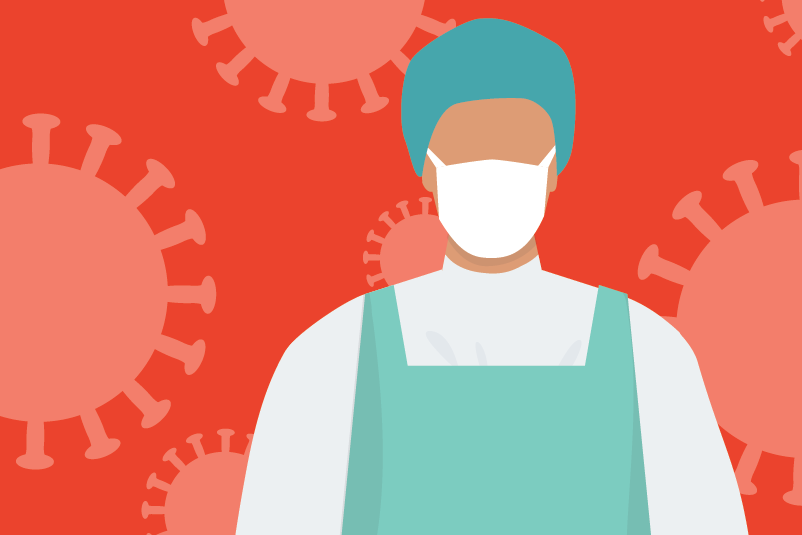#297 Opening a can of helminths: Ivermectin for COVID-19

Reading Tools for Practice Article can earn you MainPro+ Credits
Join NowAlready a CFPCLearn Member? Log in
- Two large, well designed, double-blind, RCTs:
- 400 patients with mild COVID-19 (at home or hospitalized without oxygen support) randomized to ivermectin or placebo for 5 days:1
- Time to symptom resolution:
- Not statistically different: 10 days ivermectin, 12 days placebo.
- Time to symptom resolution:
- 501 out-patients randomized to ivermectin or placebo for 2 days:2
- COVID-19 related hospitalization:
- Not statistically different: Ivermectin 5.6% versus 8.4% placebo.
- COVID-19 related hospitalization:
- 400 patients with mild COVID-19 (at home or hospitalized without oxygen support) randomized to ivermectin or placebo for 5 days:1
- High-quality living meta-analysis found no statistically significant impact of ivermectin on any clinical outcome.3
- 19 RCTs with 2740 patients (outpatients and inpatients); primarily reported on surrogate outcomes (example viral load).
- Clinical outcomes in outpatients at day 28:
- Clinical improvement: 2 trials (526 patients): No difference.
- All-cause mortality: 4 trials (1255 patients): No difference.
- Formally published systematic review found similar.4
- Most ivermectin trials are not published in peer reviewed journals, have small numbers of participants, are at high risk of bias, or only report on surrogate markers.3
- One oft-cited “meta-analysis” which reported a benefit had no authors listed, included cohort studies, and had questionable conclusions regarding study quality.5
- The study with the largest reported mortality effect (only available in pre-print), was retracted due to data integrity issues.6,7
- Of >14,000 COVID-19 pre-prints:
- Only ~30% are published in peer reviewed journals one year later.8
- Pre-print results and conclusions can change substantially when published as peer reviewed publication:
- Example COLCORONA trial: Same results, different conclusions.
- Preprint: “colchicine reduces the composite rate of death or hospitalization”.9
- Publication: “effect of colchicine on COVID-19-related clinical events was not statistically significant”.10
- Example COLCORONA trial: Same results, different conclusions.
- Despite the evidence, animal feed stores inundated with requests for ivermectin.11
- Poison control centers report increased calls for ivermectin toxicity.12
- Toxicity symptoms may include nausea/vomiting, abdominal pain, diarrhea, headache, blurred vision, dizziness, and seizures.12







Interesting
Good update
No benefit from use of ivermectin in treatment of Covid